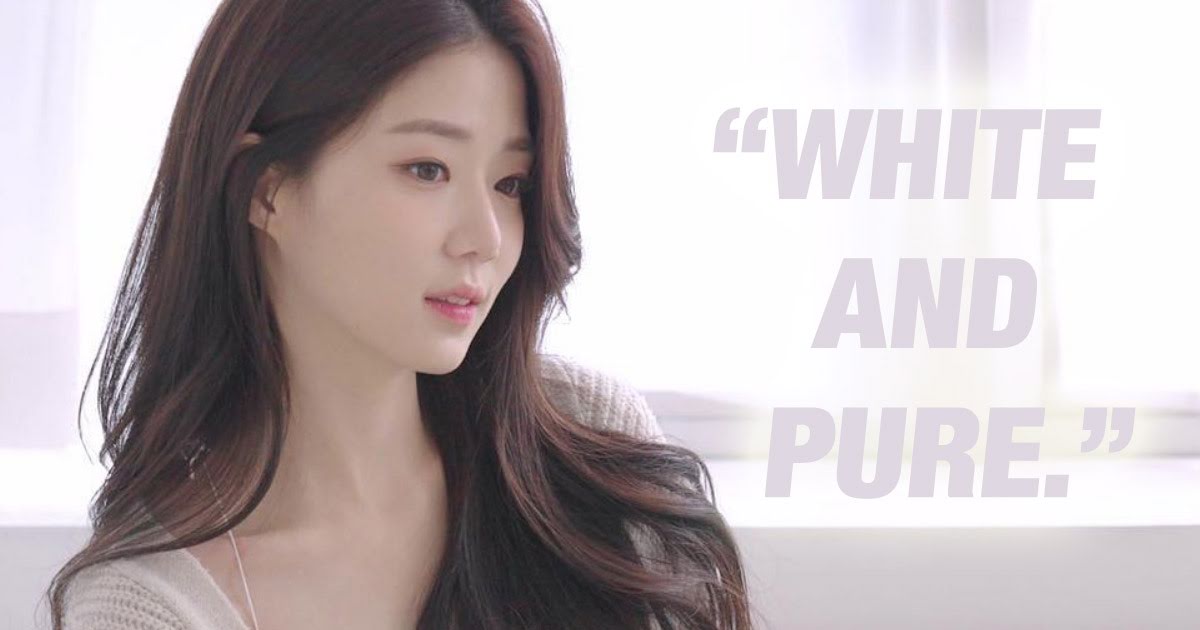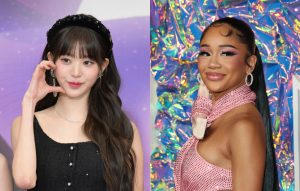Netflix‘s Korean dating series Single’s Inferno quickly became a guilty pleasure for viewers worldwide. Alongside all the positivity, however, there were controversies, such as Song Ji A‘s “fake designer” issues, “creepy behavior,” and “colorism.”
“Single’s Inferno” poster | Netflix
In the first few episodes, several cast members’ remarks about “politically incorrect beauty standards” rubbed international viewers the wrong way. One male contestant tied Shin Ji Yeon‘s beauty to her skin tone; “She seemed so white and pure. That’s my first impression of her.”
Shin Ji Yeon | Netflix
In one of the later episodes, another male contestant, Choi Hi Sun, described how much he liked Ji Yeon by saying, “I like people who have light skin.” Another added cast-mate added, “I like Ji Yeon. Her skin is so light.”
| Netflix
When the episodes were aired, Western viewers quickly shared their shock and anger at what the contestants said, explaining that it emphasizes these traditional “Korean beauty stereotypes.”
The obsession these men have with the white and pale innocent face and being skinny is actually sick like you’re missing so many things#singlesinferno
— yas🧏 (@sourcandymixx) December 18, 2021
In response to the backlash, YouTube channel Asian Boss went into the streets of Korea to speak about Single’s Inferno, particularly the issue of fair and lighter skin being a traditional beauty standard.
One of the first people Asian Boss spoke to explained that while it might not be acceptable in Western countries, the idea of praising someone for the color of their skin wasn’t controversial in Korea.
Your browser does not support video.
Another person pointed out that the rising issues surrounding the statements in the show in Western countries could be because of what they associate the phrase “light skin” with.
I wonder if they were bothered because they think about white supremacy. But in Korea, I don’t think complimenting someone for having fair skin has anything to do with white supremacy.
— Netizen One
Your browser does not support video.
She added that it had more to do with what they deemed to be “pretty” and the idea of being able to pull off certain looks for Koreans.
The lighter the skin tone, people might think they have more clothing options in terms of style. They might say you are pretty.
— Netizen One
Your browser does not support video.
It isn’t just the idea of looking a certain way to be deemed pretty. It seemed as if many of the people interviewed referenced the Western features that have become part of Korean beauty standards, such as pale skin, being tall, and having a small face.
One man even said, “Lighter skin has become the preferred look here in Korea.”
Your browser does not support video.
Another pointed to the history of Korea and the perceptions of those who were deemed to have darker skin.
If you have tanned or dark skin, people might perceive you as a manual laborer. Even if you look at the beauty standards during the Joseon Dynasty, they all had lighter skin. Even back then, having lighter skin meant you were from a wealthy family.
— Netizen Two
Your browser does not support video.
Another member of the public, who specializes in makeup, pointed out that many Koreans didn’t “pull off” tanned skin due to their facial structures.
I realized that because Korean people’s facial structures tend to be softer and flatter than the Western facial structure, quite a few Koreans can’t pull off the tanned look.
— Netizen Three
Your browser does not support video.
Despite these views, many of the people who were spoken to agreed that it wasn’t right to judge someone on the color of their skin, even if you have personal preferences. As one man explained, “If you scrutinize those details with a judgemental mindset, you will only see it as more negative.”
Your browser does not support video.
Although many of the people in the video understood why Korean society is like this, most of them didn’t see it as “right.” Even Netflix Korea made a statement saying they would use the criticism as a “learning opportunity.”
You can watch the whole video below.




